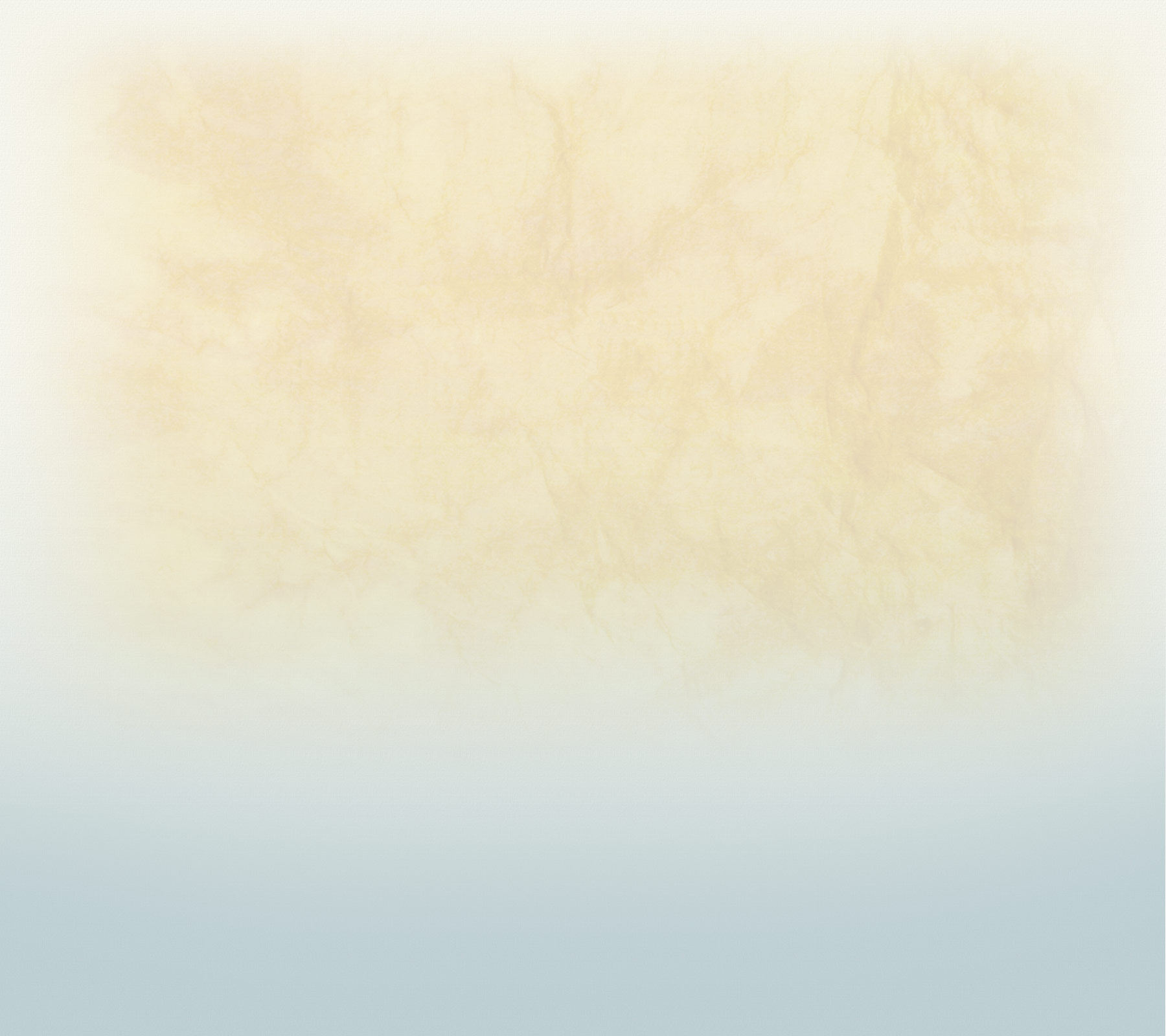Temporo Mandibular Joint syndrome (TMJ) is a condition that is related to the muscles and tendons connecting the jaw to the skull. People who suffer from TMJ often experience jaw pain that may radiate to the neck and shoulders, difficulty opening and closing their mouth, popping and clicking of the jaw, facial pain, headaches, ear pain and ringing in the ears. The causes of TMJ are several including overstretching the jaw during dental procedures/surgery, injury, repetitive movements, movement and misalignment of teeth and jaw, and clenching and grinding on of the teeth.
According to the National Institute of Health (NIH) about 25 million Americans may experience some or all of these symptoms during their lifetime. Women are more prevalent to TMJ compared to men. Western medical treatment options include anti-inflammatory medications, mouth guard or oral splints, and surgery.
In 1997 the NIH created a pain specialist panel that concluded that, “acupuncture may be an acceptable alternative to treat TMJ.” Today TMJ is treated successfully with acupuncture. Acupuncture meridian theory provides a good explanation for the treatment of TMJ. For example, the meridians that cross along the jaw area are related to the energy of the Stomach, Gallbladder and Small Intestine. When the energy of these pathways is blocked pain is created. The pain can be relieved by inserting needles into specific points on the body which facilitate the flow of energy in the blocked pathways. The trick is to determine which pathways are blocked so that the acupuncturist can then attempt to open them up to relive the pain. Utilizing pulse diagnosis can help the acupuncturist determine which channels are most likely involved in creating the condition.
The approach for the treatment of TMJ with acupuncture varies. Some practitioners prefer to place needles locally in the affected area of pain and focus on placing needles around the ear and along the jaw. Other methods include using points distally along the ankles, big toe, elbows and knees. Specific points along the body may be included to treat the underlying cause of the problem. In some cases electrical stimulation of the acupuncture points is used to help the jaw relax. Herbal medicines may also be prescribed. If the TMJ has been chronic, several treatments are most likely necessary.

